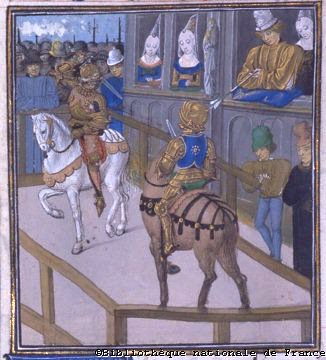The Coquette's Victim - (year published unknown)
Charlotte M. Brame
68 pages
genre - General Fiction, short story
my rating - 4 out of 5 stars
Chapter 1 The Trial - "Mr. Kent was a very able magistrate. He had sat on the bench for many years and was considered a man of great legal...skills....he saw the difference at once between a guilty and an innocent man....But on this morning...he was puzzled."
On a May morning, a "tall, handsome young man, apparently not more than twenty, with a clear-cut aristocratic face, and luminous dark gray eyes" was brought before Mr. Kent to decide whether this young man was guilty of a crime and what the punishment would be if found guilty. The young man offers no defense and refuses to reveal his name. Mr. Kent has no choice but to sentence 'John Smith' to six months in prison for attempted robbery.
At one point in the story Froissart's Chronicles is mentioned. Froissart's Chronicles was written by Jean Froissart, recording the years 1322 until 1400. For centuries it has been recognized as the chief expression of the chivalric revival of 14th century England and France. How literature affects impressionable young minds plays a very important part in this story.
Some interesting life lessons could be learned from this tale. It was
enjoyable and easy to read.
About the author -
Charlotte Mary Law was born November 1, 1836 in Hinckley, England, to Benjamin and Charlotte Agnes Law, devout Roman Catholics. After attending schools in Bristol and Preston and a finishing school in Paris, she worked as a governess before marrying Phillip Edward Brame, a London-based jeweler, on January 7, 1863. She was 27 years old. The couple had nine children, of which four lived to adulthood.
Since Mr. Brame was a poor businessman and a drunkard, Charlotte found herself forced to support the family with her writing. Her books were very successful with the public, but her earnings were severely diminished by piracy, particularly in the United States. The family lived in London, Manchester, and Brighton before returning to Hinckley, where she died in 1884. She owed money at her death. Mr. Brame committed suicide 18 months later.

No comments:
Post a Comment